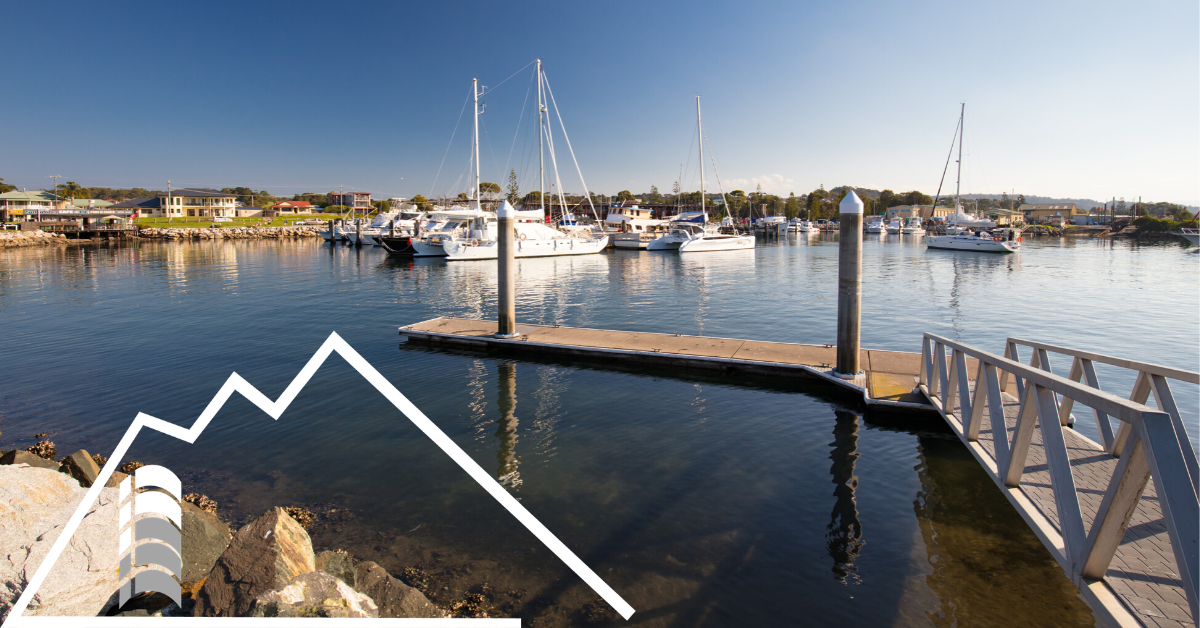When it comes to long lasting concrete reinforced structures in marine chemical environment projects, it’s important to note that there are several challenges that can occur. Think of structures in the construction of wharfs, sea walls, wave breakers and water treatment plants. What are the challenges that can interfere with the success of such projects? First, we must consider the impact of chloride ions which can cause corrosion. Second, it’s crucial to assess the risk of water tension on the structure and determine its tensile strength. Finally, the last challenge consists of the handling of the materials while the structure is being built. It can cause severe complications if it is not analyzed properly.
Let’s talk about how FRP rebar remedies to each of these challenges.
No Impact from Chloride Ions
How do GFRP bars react to chloride ions? According to several tests and studies, FRP rebar is completely unaffected by them. We have previously talked about FRP rebar’s resistance to chemical corrosion, so it should come as no surprise that their nature makes them less likely to deteriorate in a short amount of time. Due to the fact that chloride ions have no impact on FRP rebar, the structure has a higher probability to succeed and a longer durability. FRP rebar is definitely a quality alternative to steel when it comes to marine environments and is strongly recommended.
High Tensile Strength
To understand this challenge, it is important to first define tensile strength. According to Collins dictionary, tensile strength is “a measure of the ability of a material to withstand a longitudinal stress, expressed as the greatest stress that the material can stand without breaking”. Now thinking about a heavy flux of water, constantly putting physical pressure on a concrete structure. It’s a scary thought. This is the main reason why it is important to find reinforcement material that will be strong enough to resist this tension. FRP rebar is characterized by its high tensile strength which is why all the experts of the industry will highly recommend it for structures in marine or chemical environment projects. You will have peace of mind that your structure is stable, strong and almost completely unbreakable.
Easy Handling
One benefit that is often associated with FRP rebar is its easy handling. Their light weight makes them easy to be transported and they can be placed and built in a way that will satisfy all the shapes of any specific structure. When it comes to marine and chemical environment projects, we think of a curved concrete structure. This is exactly why it is important to use a reinforcement material that can be easily handled to ensure the success and durability of your concrete structure. Moreover, this quality makes FRP rebar a great material when adjustments need to be made as they can be easily modified to fit the specific needs of the concrete project.
In conclusion, FRP rebar is a great solution for marine and chemical environment projects due to their resistance to corrosion and chloride ions, their high tensile strength and their easy handling. For your next wharfs, sea walls, wave breakers or water treatment plants project, consider using FRP rebar.
Visit our website to find out what other applications FRP rebar can be used in https://sftec.ca/applications/.



